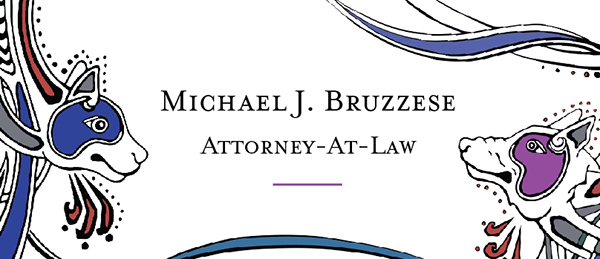Under federal and state law, and employer is not permitted to make employment decisions (including hiring, promotions, terms and conditions of employment and determination) based on discriminatory reasons. Specifically, employers are prohibited from discriminating on the basis of certain protected categories, including a person’s race, age, religion, national origin, gender or disability.
Despite the fact that many of the laws prohibiting discrimination have been on the books for over 50 years, employers sometimes base their decision to hire or fire employee based on his or her race, age, religion, national origin, gender or disability. Further, employment discrimination occurs in companies both large and small.
Broadly speaking, discrimination in the workplace occurs when an employer treats an employee who is covered by one or more of the protected categories listed above differently than other employees. This is often called” indirect” or “circumstantial” evidence of discrimination. There are other ways to prove that discrimination has taken place, namely “direct evidence” of discrimination. Direct evidence of discrimination includes comments and/or actions by a manager that directly links his or her decision to the fact that you are in a protected category. Direct evidence also includes memos, emails, text messages, internal correspondence or other documents that show that an employment decision is based on the employee’s protected category.
Unfortunately, some employers have gotten more clever over the years about creating a pretext for a discriminatory employment decision, i.e., claiming that the decision to fire an employee was based on some other reason. In such cases, you need an experienced employment law attorney to work with you to build a case that the reason proffered by the employer is not the real reason and is nothing more than a cover-up for discrimination.
Harassment in the workplace, based on an individual’s protected class, is also prohibited. This is called a “hostile work environment”. If you are a victim of a hostile work environment, it is very important that you raise your concerns and issues with management and/or human resources as soon as possible, giving the employer and opportunity to remedy or corrected problem. Under the law, the employer usually cannot be held liable for a hostile work environment unless the appropriate managers/human resources personnel were notified of the situation and given an opportunity to investigate and resolve the situation.
Finally, it is illegal for an employer to retaliate (i.e., discipline or terminate) against an employee who has voiced issues regarding discriminatory treatment, whether raised with the company internally or with a state or federal agency tasked with investigating such claims, like the Equal Employment Opportunity Commission.
If you have suffered discriminatory treatment at work or if you believe that your termination was based on discriminatory reasons, you have a limited time to file your claim, so it is important that you get in touch with and experienced employment attorney as soon as possible.
In a separate blog post, I will discuss the process of how to file a claim for employment discrimination and to get your case into court.




